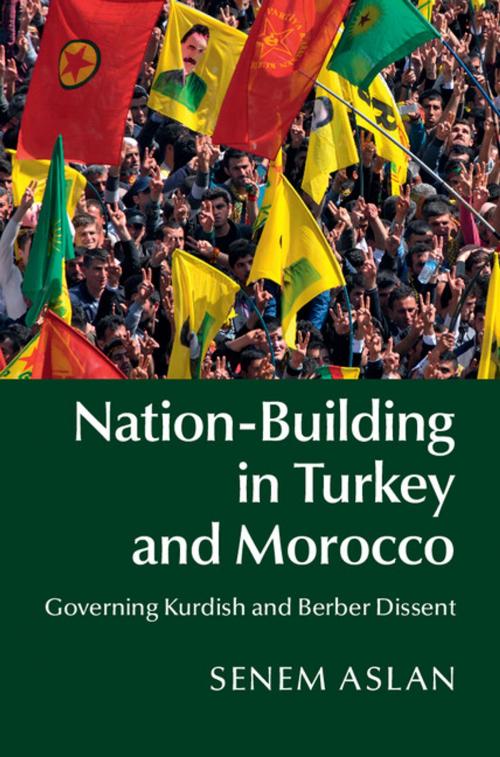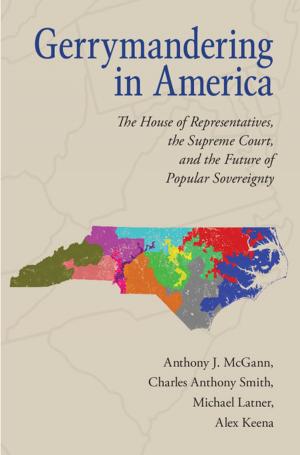Nation-Building in Turkey and Morocco
Governing Kurdish and Berber Dissent
Nonfiction, Social & Cultural Studies, Political Science, International, Foreign Legal Systems| Author: | Senem Aslan | ISBN: | 9781316189375 |
| Publisher: | Cambridge University Press | Publication: | November 17, 2014 |
| Imprint: | Cambridge University Press | Language: | English |
| Author: | Senem Aslan |
| ISBN: | 9781316189375 |
| Publisher: | Cambridge University Press |
| Publication: | November 17, 2014 |
| Imprint: | Cambridge University Press |
| Language: | English |
Why do some ethno-national groups live peacefully with the states that govern them, whereas others develop into serious threats to state authority? Through a comparative historical analysis, this book compares the evolution of Kurdish mobilization in Turkey with the Berber mobilization in Morocco by looking at the different nation-building strategies of the respective states. Using a variety of sources, including archival documents, interviews, and memoirs, Senem Aslan emphasizes the varying levels of willingness and the varying capabilities of the Turkish and Moroccan states to intrude into their citizens' lives. She argues that complex interactions at the ground level - where states have demanded changes in everyday behavior, such as how to dress, what language to speak, what names to give children, and more mundane practices - account for the nature of emerging state-minority relations. By taking the local and informal interactions between state officials and citizens seriously, this study calls attention to the actual implementation of state policies and the often unintended consequences of these policies.
Why do some ethno-national groups live peacefully with the states that govern them, whereas others develop into serious threats to state authority? Through a comparative historical analysis, this book compares the evolution of Kurdish mobilization in Turkey with the Berber mobilization in Morocco by looking at the different nation-building strategies of the respective states. Using a variety of sources, including archival documents, interviews, and memoirs, Senem Aslan emphasizes the varying levels of willingness and the varying capabilities of the Turkish and Moroccan states to intrude into their citizens' lives. She argues that complex interactions at the ground level - where states have demanded changes in everyday behavior, such as how to dress, what language to speak, what names to give children, and more mundane practices - account for the nature of emerging state-minority relations. By taking the local and informal interactions between state officials and citizens seriously, this study calls attention to the actual implementation of state policies and the often unintended consequences of these policies.















